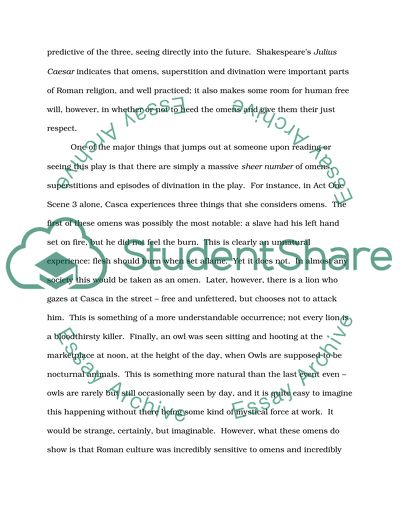Cite this document
(“Misinterpretation: the Role of Omens, Divination and Superstition in Essay”, n.d.)
Retrieved from https://studentshare.org/religion-and-theology/1461430-misinterpretation-the-role-of-omens-divination-and-superstition-in-shakespeares-julius-caesar
Retrieved from https://studentshare.org/religion-and-theology/1461430-misinterpretation-the-role-of-omens-divination-and-superstition-in-shakespeares-julius-caesar
(Misinterpretation: The Role of Omens, Divination and Superstition in Essay)
https://studentshare.org/religion-and-theology/1461430-misinterpretation-the-role-of-omens-divination-and-superstition-in-shakespeares-julius-caesar.
https://studentshare.org/religion-and-theology/1461430-misinterpretation-the-role-of-omens-divination-and-superstition-in-shakespeares-julius-caesar.
“Misinterpretation: The Role of Omens, Divination and Superstition in Essay”, n.d. https://studentshare.org/religion-and-theology/1461430-misinterpretation-the-role-of-omens-divination-and-superstition-in-shakespeares-julius-caesar.


